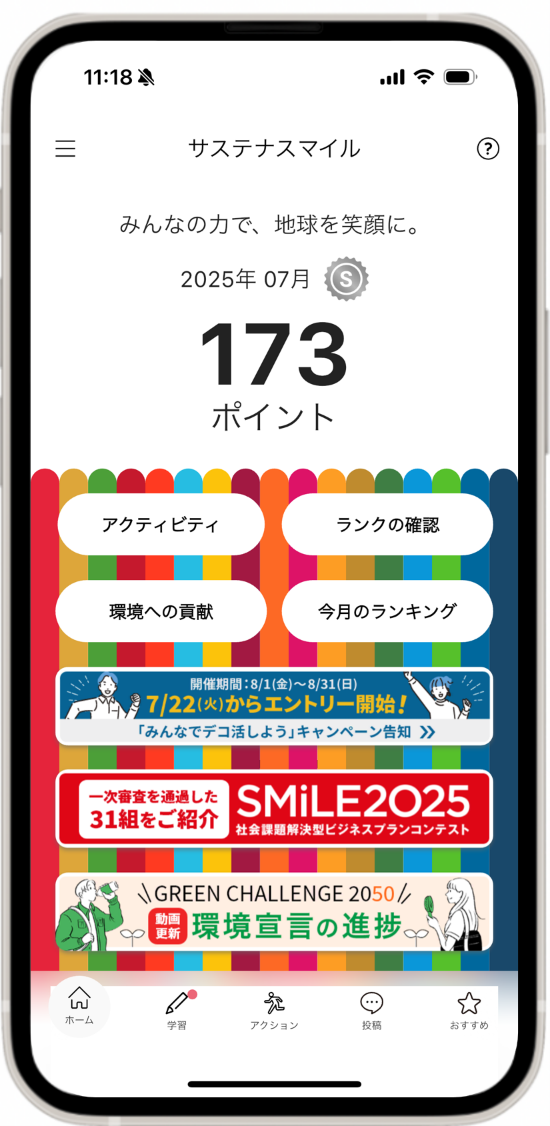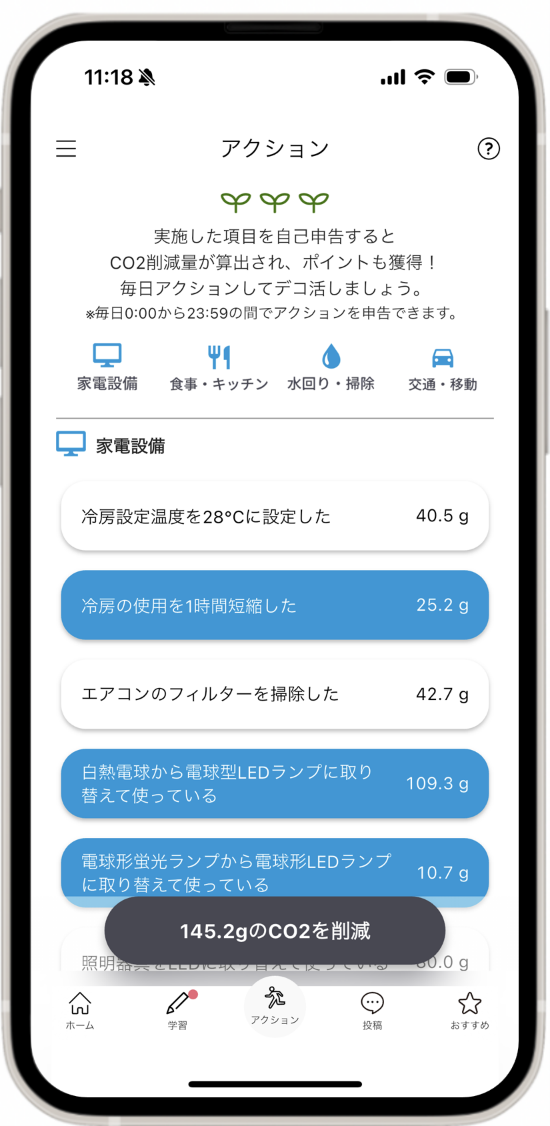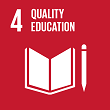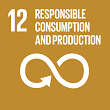- Top
- Sustainability
- Sustainability Management
Sustainability Management
Seven & i Holdings works toward solving social issues in its core operations through promotion and development of businesses such as products and services. At the same time, we aim for sustainable development that creates value for both companies and society.
Sustainability Promotion Structure
Seven & i Holdings seeks to promote Group-wide sustainability activities that are effective and efficient. To this end, we hold regular, twice-yearly meetings of the Sustainability Committee, which is chaired by the Representative Director & Executive Chair (Kaicho). At these meetings, we offer guidance and make improvements based on reports received from the five subcommittees. The meetings also help to strengthen the collaboration between the holding company and operating companies.

Compliance Subcommittee
The Group employees complying with laws, regulations and social norms and practicing compliance including fair trade with customers and business partners is absolutely essential to realizing the Group's Corporate Creed "Trust and Sincerity." In addition to reinforcing thorough compliance at each Group company level, Seven & i Holdings established the Compliance Subcommittee in order for Seven & i Holdings, being the shareholding company, to support each Group company strengthen its compliance systems, as well as ensure effective supervision thereby. The Compliance Subcommittee is chaired by the Executive Officer and Head of the Corporate General Affairs & Legal Division of Seven & i Holdings. The division in charge of legal affairs at the Company manages the subcommittee to promote specific measures.
Corporate Ethics and Culture Subcommittee
The Group employees understanding the Group's Corporate Creed and rigorous implementation of the Corporate Action Guidelines are an essential and important foundation to realize the Group's Corporate Creed "Trust and Sincerity." The Corporate Ethics and Culture Subcommittee conducts initiatives based on rigorous implementation of the Corporate Action Guidelines, such as to improve Group employee awareness through education by making everyone aware of the Corporate Creed and the Corporate Action Guidelines. In addition to these initiatives, to create fulfilling workplaces, Seven & i Holdings have been conducting an Employee Engagement Survey. We are also working to improve work environments, such as by rectifying long working hours, making progress on promoting active roles for diverse human resources including women and people with disabilities, and helping employees balance work and family care responsibilities. Further, Seven & i Holdings is working to create an environment where all employees can work at ease, such as by encouraging employees to take days off on holidays and acquire leave. The Corporate Ethics and Culture Subcommittee is chaired by the Executive Officer and Head of the Human Resources Division of Seven & i Holdings. The division in charge of human resources at the Company manages the subcommittee to promote specific measures.
Supply Chain Subcommittee
It is one of the important corporate social responsibilities for companies and also a strong demand by stakeholders to promptly respond to the United Nations' "Guiding Principles on Business and Human Rights" and "Sustainable Development Goals (SDGs)," and to build a sound supply chain with human rights and the environment in mind. To improve product quality and ensure safety at each Group company, Seven & i Holdings aims to establish and strengthen the quality levels and control systems of each Group company based on the Group's Quality Policy. Furthermore, to ensure that Seven & i Holdings meets its social responsibilities regarding products and services across the entire supply chain, Seven & i Holdings asks business partners to understand and implement the Business Partner Sustainable Action Guidelines. Seven & i Holdings regularly verifies and shares their compliance through CSR audits to promote education, enlightenment and correction. The Supply Chain Subcommittee is chaired by the Executive Officer and Chief Merchandise Officer (CMDO) of the Seven & i Holdings Group Merchandise Strategy & Planning Division. The subcommittee is managed by the division in charge of product strategies at the Group to promote specific measures.
Environment Subcommittee
The Group uses products, raw materials and energy efficiently to combat challenges such as climate change and resource depletion, and the Group is working with customers and business partners to reduce the environmental impact throughout the supply chain. Seven & i Holdings believes this is an important factor that contributes to the sustainable development of society and will result in the sustainable growth of the Group. Therefore, based on the GREEN CHALLENGE 2050 approved by the Board of Directors in April 2019 and announced in May 2019, the Environment Subcommittee is working to promote initiatives to develop a decarbonized society, a circular economy, and a society in harmony with nature. Based on the framework of the Task Force on Climate-related Financial Disclosures (TCFD) and the Task Force on Nature-related Financial Disclosures (TCFD), it is analyzing the risks and opportunities of climate change and natural capital and deepening the Group’s initiatives. The Environment Subcommittee is chaired by the Executive Officer and Head of the Sustainability Development Office of Seven & i Holdings, and is managed by the division in charge of environmental measures of the Group to promote specific measures.
Social Value Creation Subcommittee
Based on an awareness that efforts to solve social issues will lead to new business opportunities as the Group expands its business domains and related social problems become increasingly varied, the Social Value Creation Subcommittee takes action to create business that generates social and economic value (creating shared value; CSV). Aiming to realize a sustainable society, the our Group has identified seven material issues that it must address through engagement with various stakeholders. In response, the Social Value Creation Subcommittee is working to plan and execute new businesses originating from social issues to be addressed through core businesses by leveraging business characteristics and management resources, including the Group's business infrastructure and expertise cultivated to date. Apart from this, the subcommittee will strive to deepen initiatives with a view to fostering external collaboration with business partners, social entrepreneurs, NPOs, and other partners. The Social Value Creation Subcommittee is chaired by the Director & Executive Officer and Head of the Corporate Planning Division of Seven & i Holdings, and is managed by the division in charge of management planning to promote specific measures.
Targets and Progress by Each Subcommittee
○: Achieved, △: Almost achieved, ×: Far from achieved
| Major Plans for FY2024 | Results for FY2024 | Evaluation | Major Plans for FY2025 |
|---|---|---|---|
| Compliance Subcommittee | |||
|
|||
|
|
〇 |
|
|
|||
|
|
〇 |
|
|
|||
|
|
〇 |
|
|
|||
|
|
〇 |
|
| Corporate Ethics and Culture Subcommittee | |||
|
|||
|
|
△ |
|
|
|||
|
|
△ |
|
|
|
〇 |
|
|
|
〇 |
|
|
|
〇 |
|
|
|||
|
|
〇 |
|
|
|
△ |
|
|
|
〇 |
|
|
|||
|
|
△ |
|
|
|
△ |
|
| Supply Chain Subcommittee | |||
|
|||
|
|
〇 |
|
|
|
〇 |
|
|
|
〇 |
|
|
|
〇 |
|
|
|
〇 |
|
|
|
〇 |
|
|
|||
|
|
〇 |
|
|
|
〇 |
|
|
|
〇 |
|
| Environment Subcommittee | |||
|
|||
|
|
〇 |
|
|
|||
|
|
〇 |
|
|
|
〇 |
|
|
|
〇 |
|
|
|
〇 |
|
|
|||
|
|
〇 |
|
|
|||
|
|
ー |
|
| Social Value Creation Subcommittee | |||
|
|||
|
|
〇 |
|
|
|||
|
|
〇 |
|
Sustainability Training for Employees
Seven & i Holdings provides employees with sustainability training via group training when they join the company or are appointed to a new position through promotion or advancement in rank, etc. Study groups, seminars, and the like are held regularly for specialized fields including compliance, DEI, and the environment, and information is communicated to employees through the internal site.
We have been conducting Sustainability training via e-learning for all employees at domestic Group companies. In the fiscal year ending February 28, 2025 as well, we implemented e-learning on the Antimonopoly Act (abuse of superior bargaining position), the Subcontracting Act, product labeling, and other topics for all employees who are associated with business partners. An e-learning about the Group’s environmental declaration “GREEN CHALLENGE 2050” was also conducted.
Starting in FY2024, we have introduced a sustainability app for employees called “Sasutena Smile App”. This app shares information about the Company's sustainability initiatives and offers content such as learning materials, posts, and quizzes. Through this app, we aim to enhance the sustainability awareness and promote behavioral changes among employees of the Group who participate.




